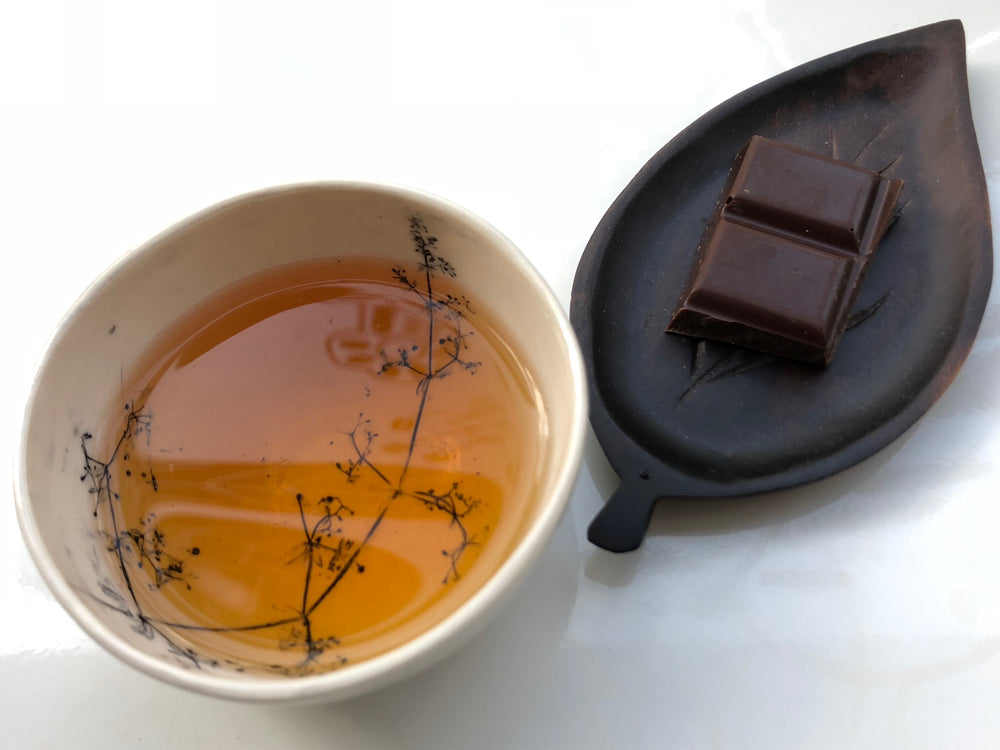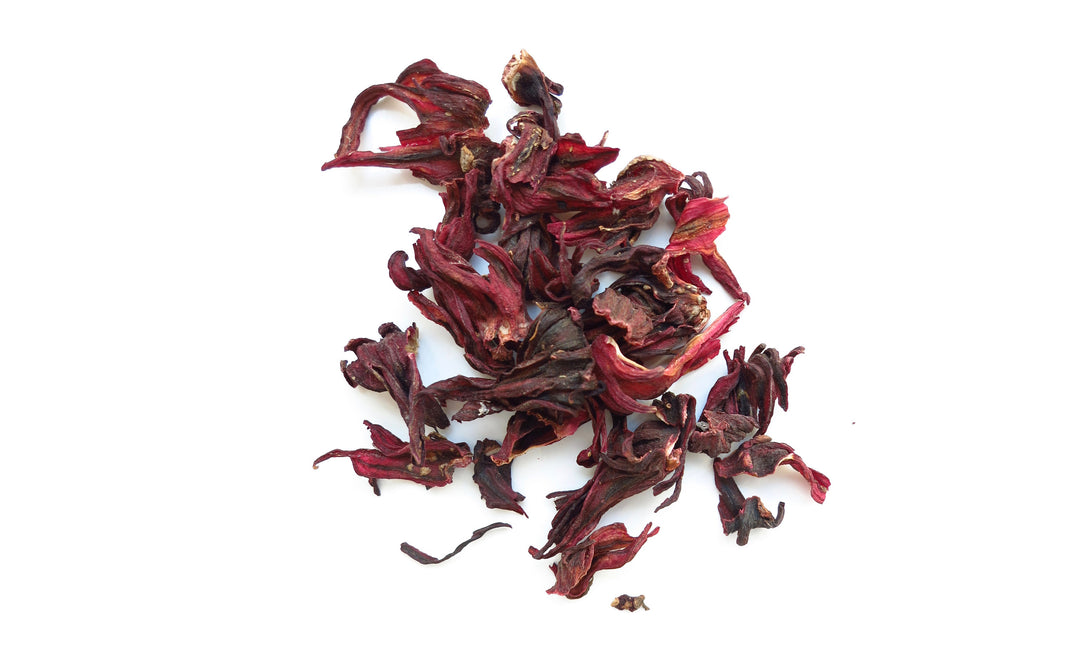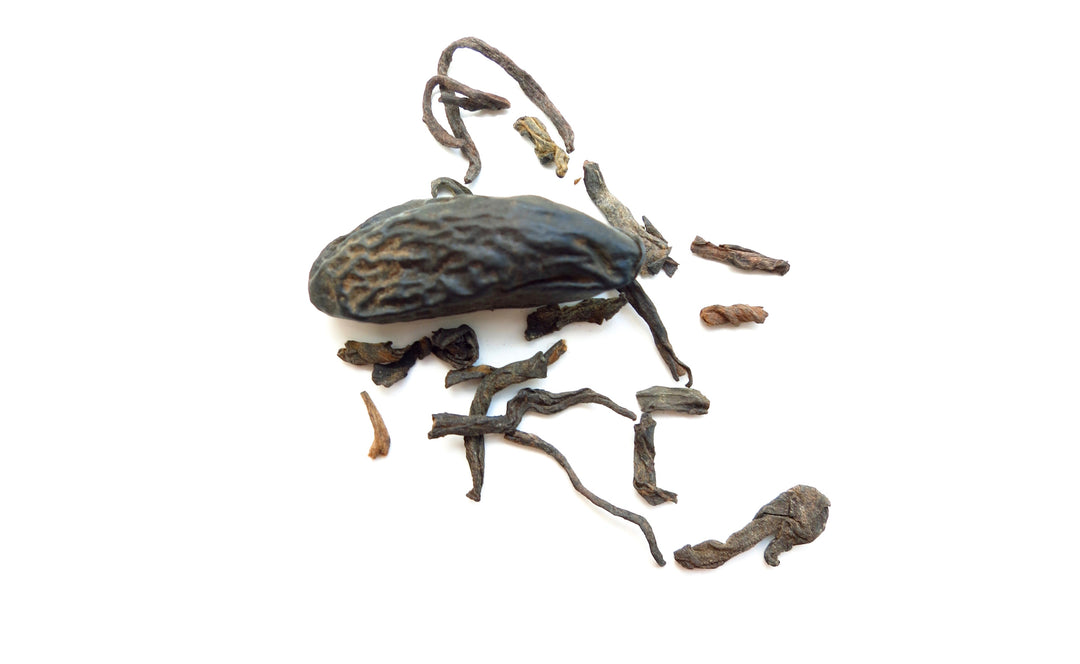A few days ago, South African rooibos was recognized as a PDO (Protected Designation of Origin) by the European Union. A big step for the defense of the terroirs and the local know-how.
Rooibos is a plant endemic to the Cederberg mountain region north of Cape Town. Rooibos means red bush in Afrikaans. Its territory extends over a large part of the Western Cape Province, as well as the southwestern part of the Northern Cape Province. This plant has long been part of the traditional pharmacopoeia of the Khoisan people, originally hunter-gatherers and pastoralists from the Clanwilliam region in the heart of the Cederberg. Like green and black teas, the transformation of fresh rooibos into green or red rooibos is an ancestral know-how. It is both the value of the land and the craftsmanship that have earned this PDO for rooibos.
It is in France, at the beginning of the 20th century, that the concept of Appellations of Origin was built to fight against fraud in the wine and brandy market. The field was opened to all agricultural and food products in 1990. Then the French policy of promoting agricultural products inspired the development of European regulations.
The PDO (Protected Designation of Origin) and PGI (Protected Geographical Indication) guarantee and protect traceability, authenticity and local know-how. The PGI is linked to the territory, while the PDO is linked to the terroir and to local processing.
The first recognized designations in tea date from 2011 and are respectively Darjeeling in North India recognized PGI, and Long Jing Cha green tea in China recognized PDO.
At the end of 2020, following trade agreements with the European Union, China has recognized 28 teas among 100 food products, including the famous Anji Bai Cha, Anxi Tie Guan Yin, Pu'er Cha, Fuzhou Mo Li Hua Cha (Fuzhou jasmine tea), Zhengshan Xiao Zhong (Lapsang Souchong), Wuyishan Da Hong Pao etc. ...








